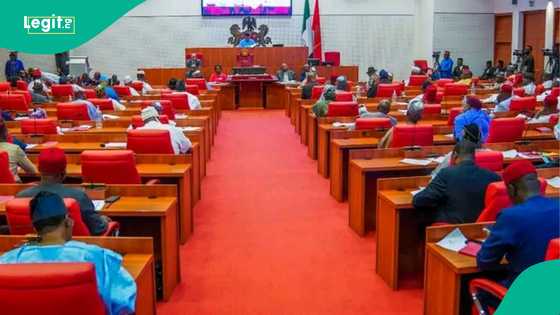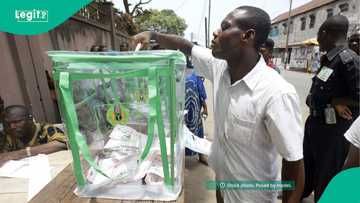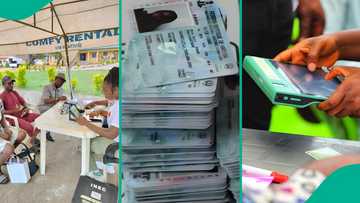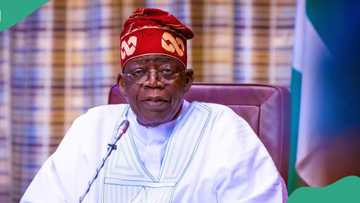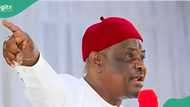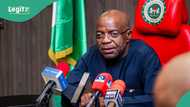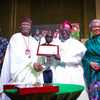
2023 Nigerian elections
The 2023 general elections in Nigeria, held on February 25, marked a significant chapter in the nation's democratic journey. With over 93 million registered voters, the elections were anticipated to be a transformative event, especially with the introduction of new technologies aimed at enhancing electoral transparency.
Presidential election: Bola Tinubu wins
Bola Ahmed Tinubu of the All Progressives Congress (APC) emerged victorious in the presidential race, securing 36.61% of the votes (8,794,726 votes) . He triumphed over Atiku Abubakar of the Peoples Democratic Party (PDP), who garnered 29.07% (6,984,520 votes), and Peter Obi of the Labour Party, who received 25.40% (6,101,533 votes).
The election was marred by controversies, including allegations of electoral irregularities and challenges to Tinubu's qualifications. Opposition candidates contested the results, citing issues with the electoral process and Tinubu's academic credentials. However, both the Court of Appeal and the Supreme Court dismissed these challenges, upholding Tinubu's election.
BVAS and IReV: Technological innovations and challenges
The Independent National Electoral Commission (INEC) introduced the Bi-modal Voter Accreditation System (BVAS) and the INEC Results Viewing (IReV) portal to enhance the credibility of the electoral process. BVAS was designed to verify voters' identities through fingerprints or facial recognition, while IReV aimed to provide real-time access to polling unit results.
Despite these innovations, the elections faced significant logistical challenges. There were reports of BVAS malfunctions, delayed result uploads, and instances where polling officials arrived late or were absent. These issues led to public outcry and raised concerns about the effectiveness of the new technologies in ensuring a transparent electoral process.
Youth engagement: The rise of the Labour Party
The 2023 elections witnessed unprecedented youth participation, largely driven by social media activism and a desire for political change. Peter Obi, representing the Labour Party, became a symbol of this movement, appealing to young Nigerians disillusioned with the traditional political establishment.
Although Obi did not win the presidency, the Labour Party made significant gains, securing multiple legislative seats and demonstrating the growing influence of youth-led political movements in Nigeria.
Legislative and gubernatorial elections
In the National Assembly, the APC maintained its majority in the Senate with 59 seats, while the PDP held 37 seats. The Labour Party increased its representation, winning seven seats.
Gubernatorial elections were held across various states. In Bayelsa state, incumbent Governor Douye Diri of the PDP was re-elected with 60.93% of the vote, defeating APC's Timipre Sylva. Similarly, in Jigawa state, APC's Umar Namadi won the governorship with 59.89% of the vote.
The 2023 Nigerian elections were a watershed moment, reflecting both progress and persistent challenges in the nation's democratic process. While technological innovations aimed to enhance transparency, logistical issues and allegations of irregularities underscored the need for continued electoral reforms. The active engagement of youth and the rise of alternative political voices signal a shifting political landscape, emphasising the importance of inclusive and credible elections in shaping Nigeria's future.


